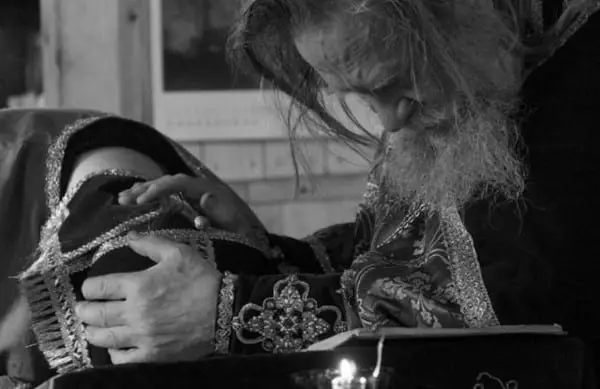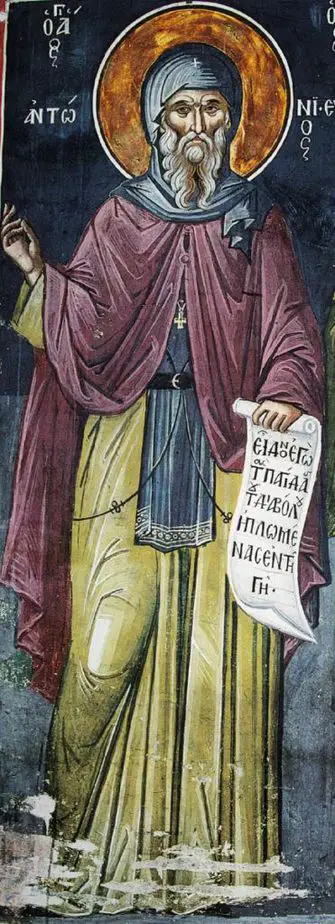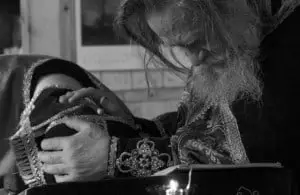You are angry with your neighbor, you despise him, do not like to speak peaceably and lovingly to him, because there is something harsh, abrupt, careless, unpleasant to you in his character, in his speech, in his manners—because he is more conscious of his dignity than perhaps is necessary; or because he may be somewhat proud and disrespectful; but you yourself, your neighbor’s physician and teacher, are more guilty than him.
“Physician, heal thyself.” Teacher, teach yourself.
Your own malice is the bitterest of all evils. Is it then possible to correct malice by means of evil? Having a beam in your own eye, can you pull out the mote from the eye of another?
Evil and faults are corrected by good, by love, kindness, meekness, humility, and patience.
You don’t need a Kindle device to read the Kindle version of this book, which is available a very reduced cost. Try Amazon’s FREE Kindle Cloud Reader app for your computer, phone, or tablet.











